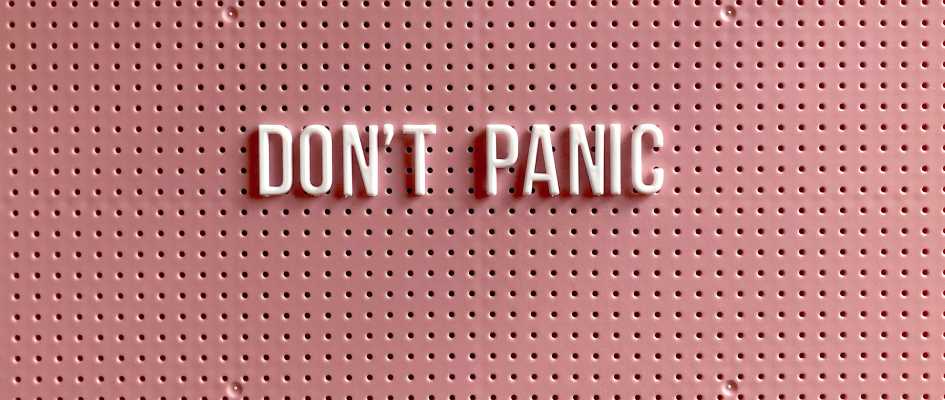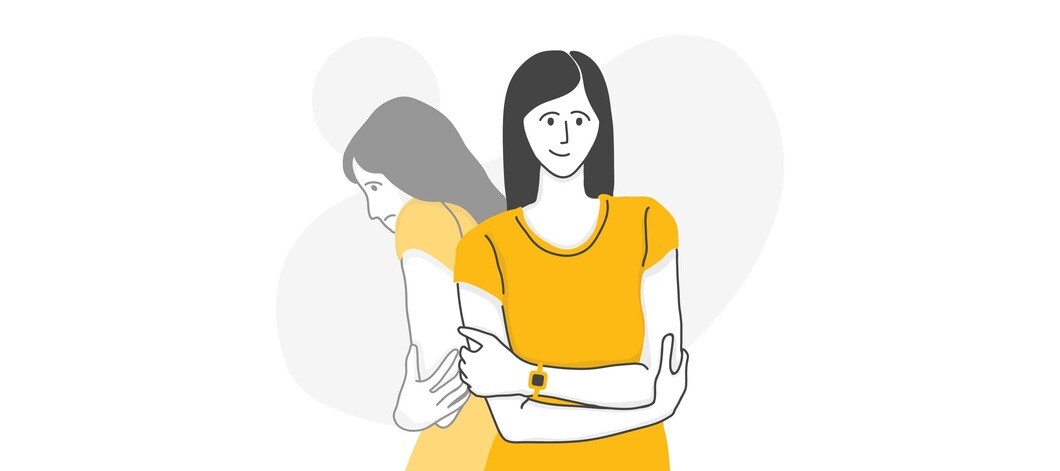How often have we heard people saying, “You look very anxious today”?
What we don’t realize is that anxiety is a serious issue that can start affecting our daily lives, be it personal or professional.
While all of us get anxious at times, how exactly do we know if our anxiety levels are going out of hand?
Thanks to the in-depth research done on mental health by Zigmond and Snaith who developed the HADS - Hospital Anxiety and Depression Scale, we can now measure our levels of anxiety by taking an ‘Anxiety Test’!
Through a ‘point-score’ system the HADS test determines your anxiety at three levels, namely:
1) No Anxiety
2) Borderline Anxiety
3) High Anxiety
We strongly suggest you take the test, which is also recommended by doctors.
We’ve also put together tips on how to tackle anxiety, stress, and depression so that you can improve your overall well-being and happiness.
You have No Anxiety
Your anxiety score is normal, and we hope it stays that way, always.
Even so, here’s a small piece of advice- though it’s normal for all of us to get anxious and stressed at times, if at any point you feel that these negative emotions are having an adverse impact on your day to day life, reach out for help from your immediate family, loved ones or anyone who makes you feel comfortable. Talk to them about what you are feeling, and this might help you analyze what is making you feel this way and you might get a way to see it in a different way. Also sometimes just getting it off your chest helps.
You have Borderline Anxiety
Not to worry too much, your anxiety score is low. Here are some tips on how you can further reduce your anxiety levels:
. Exercise regularly: Staying physically fit by exercising at least three times a week helps to lower stress hormones and relieve anxiety. Yoga and meditation too are excellent ways to keep mental stress at bay.
. Get enough sleep: Lack of sleep leads to a drastic increase in anxiety and stress. Ensure that you get a minimum of 6 to 8 hours of sleep a day.
. Reduce your coffee intake: Though the caffeine found in coffee acts as a stimulant and seems like a stress buster, excessive intake actually increases anxiety.
. Eat well-balanced meals: Sometimes when we are stressed or anxious, we tend to skip meals. However, instead of that eat healthy meals, that will boost your energy and make you feel refreshed.
. Reduce smoking: Smoking has similar effects as caffeine, temporarily reducing anxiety. In fact, the effect it has on our body is just the opposite, apart from its obvious harmful effects. Chew gum if the craving is too much. Apart from reducing your craving for smoking, studies show that chewing gum promotes blood flow to your brain reducing anxiety and stress.
. Reduce alcohol intake: Alcohol provides only temporary relief from anxiety and stress. In fact, alcohol is a depressant and increases anxiety levels to a great extent.
You have High Anxiety
Your anxiety score shows that your anxiety levels are on the higher side. Here are some helpful tips on what you can do to lower your anxiety levels and feel better:
. Speak Up: Every time you feel that anxiety is getting the better of you, talk to your family, friends or anyone you are comfortable with about it. Talking about this will also help you analyze what is making you feel this way and you might get a way to see it in a different way. Also sometimes just getting it off your chest helps.
. Give time to loved ones: Spending quality time with loved ones helps you boost your mood. Friends and family can help you divert your mind and get you through stressful times.
. Take out time for yourself: Practice yoga, listen to music, meditate, get a massage, or learn relaxation techniques. Stepping back from the problem helps clear your head.
. Keep yourself refreshed: There are plenty of great supplements that help reducing anxiety and stress and help brighten up your moods like lemon balm and chamomile tea.
. Light a candle: Scented candles infused with essential oils like lavender, sandalwood and rose help soothe your mind to a great extent, reducing anxiety and stress.
. Have a Mantra: A mantra helps you get back on your feet and tell yourself what you should focus on. Decide a Mantra for yourself, and every time you feel anxious, remind yourself of it.
. Pursue physical activity: Take a Zumba class, join a gym, go for a jog or a walk in the mornings and evenings. This not only helps in keeping you physically fit but lowers anxiety and stress levels.
. Eat well-balanced meals: Sometimes when we are stressed or anxious, we tend to skip meals. However, instead of that eat healthy meals, that will boost your energy and make you feel refreshed.
. If nothing works, seek help from a psychiatrist: If your anxiety, stress, and depression become overwhelming, speak out! They are symptoms of mental illness that can be treated just like any other illness. There absolutely no stigma associated with it.
Don’t let anxiety get the better of you. But it does, remember help is always around.



